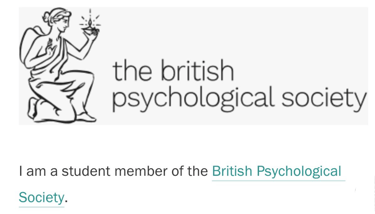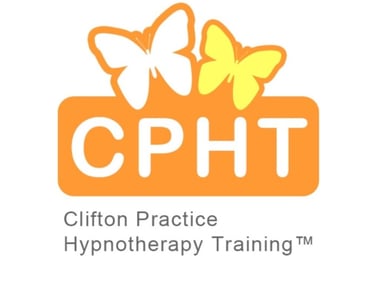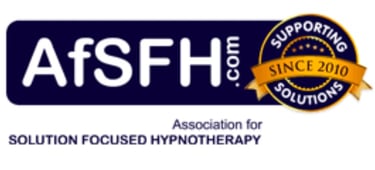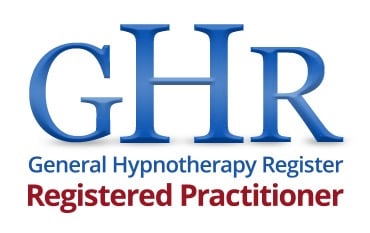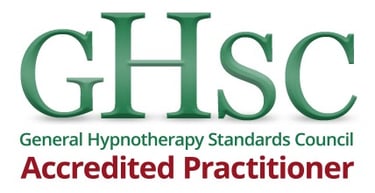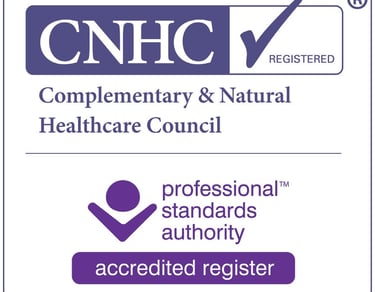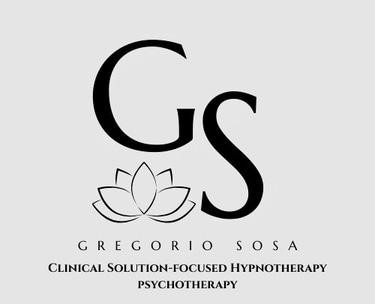The Integrative Approach to Change: How Solution-Focused Hypnotherapy, Coaching & Positive Psychology Work Together
How my unique method, which combines and takes the best of these three psychological approaches, impacts and the benefits for well-being.
Gregorio Sosa
11/10/20253 min read


“True change doesn’t come from analysing the past — it comes from creating a better present.”
Over the years of working with clients experiencing anxiety, stress, low mood, and loss of direction, I’ve learned that no single method works for everyone.
That’s why my approach combines three evidence-based disciplines — Solution-Focused Hypnotherapy, Coaching Psychology, and Positive Psychology — to help clients regain calm, confidence, and clarity faster and more sustainably.
This integrative model draws on the strengths of each discipline, offering a structured yet flexible path toward wellbeing and personal growth.
Why an Integrative Approach?
Human beings are complex.
Our thoughts, emotions, habits, and goals interact constantly — so it makes sense that effective therapy should reflect that complexity.
Traditional therapy often focuses on analysing problems from the past.
While that can offer valuable insight, many people want practical, forward-looking tools that create change in their daily lives.
That’s where my integrative approach comes in:
Solution-Focused Hypnotherapy helps calm the nervous system and retrain the subconscious mind.
Coaching Psychology provides structure, motivation, and accountability.
Positive Psychology builds long-term resilience, gratitude, and optimism.
Together, they help clients move from surviving to thriving.
1️⃣ Solution-Focused Hypnotherapy: Calming the Mind
At its heart, Solution-Focused Hypnotherapy is a brief, goal-oriented approach rooted in neuroscience and positive change.
It doesn’t involve re-living trauma or analysing every past event. Instead, it focuses on helping clients understand how the brain works and how to activate its natural ability to self-regulate.
During sessions, I use gentle guided relaxation to help the mind enter a focused, calm state.
In this state — known as the alpha-theta brainwave range — the subconscious becomes more receptive to positive suggestion and problem-solving.
Clients often describe this as feeling both deeply relaxed and mentally clear, as if their thoughts have been “re-organised.”
This stage helps:
Reduce anxiety and overwhelm
Improve sleep quality
Build confidence
Reconnect mind and body calmness.
2️⃣ Coaching Psychology: Turning Calm into Action
Once calm has been restored, the next step is building direction and momentum.
That’s where Coaching Psychology comes in.
Coaching focuses on the “how” — how to apply insight in real life.
We set achievable goals, identify strengths, and develop strategies to create sustainable change.
Many of my clients describe this stage as a turning point — it’s when they start feeling empowered to make decisions and move forward.
Through this process, clients learn to:
Define realistic and motivating goals
Develop consistent habits
Overcome procrastination
Build resilience under pressure
This structured, solution-driven method helps transform calm into clarity — and clarity into action.
3️⃣ Positive Psychology: Sustaining Change Through Growth
The final pillar of my approach comes from Positive Psychology — the science of wellbeing, optimism, and human potential.
This isn’t about “thinking positive.”
It’s about cultivating strengths, meaning, and gratitude — the qualities that keep us grounded when life becomes uncertain.
We focus on what’s already working and expand on it.
This shift from problem-orientation to possibility-orientation helps rewire the brain’s reward system, supporting motivation and long-term happiness.
Simple evidence-based practices, such as gratitude journaling, strengths reflection, and mindful self-talk, have shown to significantly increase emotional resilience and life satisfaction.
⚙️ How These Three Work Together
These approaches are most powerful when integrated — because each one supports the others.
Hypnotherapy quiets the overactive mind, allowing emotional balance.
Coaching channels that calm energy into clear, goal-directed actions.
Positive Psychology reinforces those changes through emotional resilience and optimism.
Together, they create a cycle of progress:
Calm → Clarity → Confidence → Consistency
This framework helps clients move beyond short-term symptom relief toward genuine transformation.
Client Experience (Example)
A client once told me after a few sessions,
“For the first time in years, I feel both relaxed and motivated — like my brain and body are working together again.”
That’s the essence of this integrative method — realignment between thought, emotion, and action.
Who Does This Approach Help:
This model works particularly well for:
Adults experiencing anxiety, high stress, or burnout
Professionals struggling with focus or confidence
Men facing emotional disconnection, performance pressure, or relationship strain
Anyone seeking structured, forward-looking therapy that feels practical and empowering
✨ Final Thought
Change doesn’t have to be overwhelming.
When calm meets clarity and focus meets action, growth becomes natural.
You don’t have to go back to who you were — you can become who you want to be.
📩 Take the Next Step
If this message resonates with you, you can explore more about my integrative approach on my website:
👉 www.gspsychotherapist.co.uk
Book your free 20-minute consultation (online or in my Bristol clinic) to learn how this unique blend of Solution-Focused Hypnotherapy, Coaching, and Positive Psychology can help you feel calmer, clearer, and more in control.
Wellness
Empowering mental health through hypnotherapy and coaching.
Support
gregoriososa@gspsychotherapist.co.uk
+44 07534894225
© 2024. All rights reserved.
Private policies GDPR
